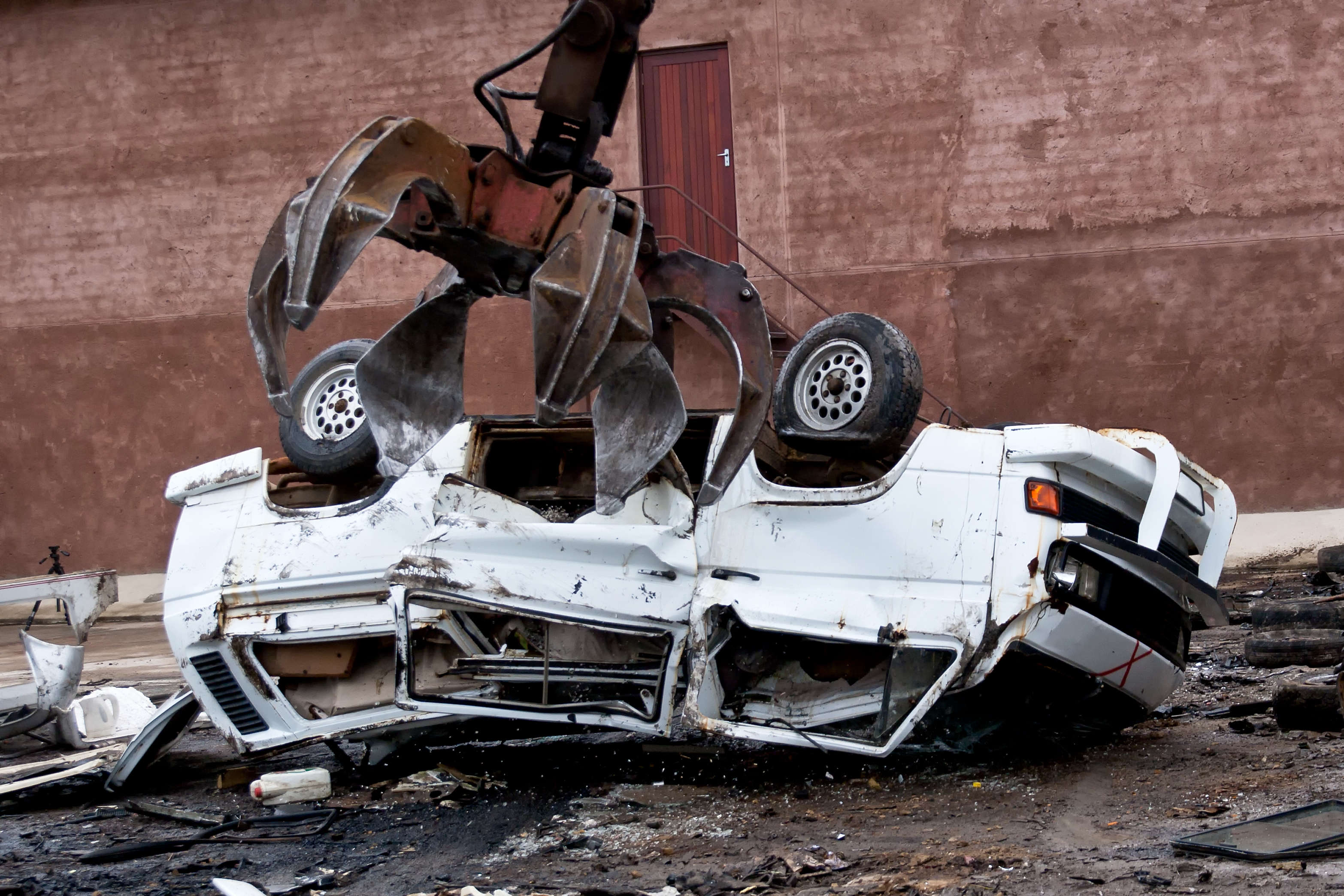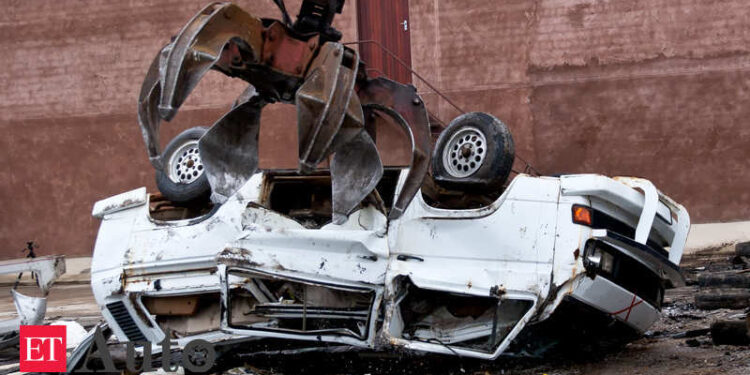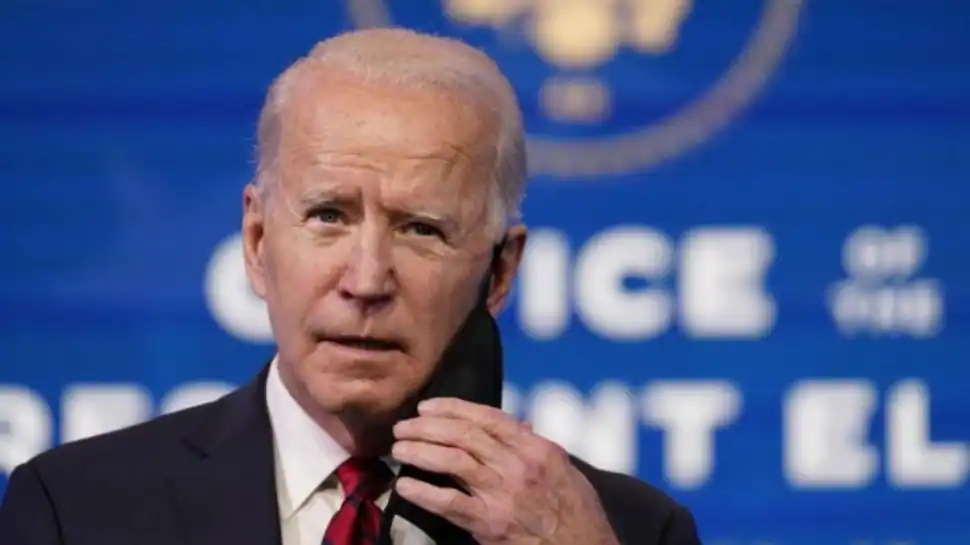
New Delhi: Prime Minister Narendra Modi on Friday launched the Voluntary Vehicle-Fleet Modernization Program (VVMP), also known as the Vehicle Scrapping Policy during the ‘Investors Summit for setting up Vehicle Scrapping Infrastructure’ in Gujarat.
The vehicle scrappage policy will bring in investments of around INR 10,000 crore to set up 450-500 Automated Testing Stations (ATS) and 60-70 Registered Vehicle Scrapping Facilities (RVSF) across the country.
A single window clearance portal is being developed where the applications for ATS and RVSF will be catered through a single portal within 60 days.
A vehicle will be declared as End-of-Life or unfit if it fails the automated fitness test, the allowed retest and reinspection test ordered by authorities. Mandatory automated fitness testing for Heavy Commercial Vehicles (HCVs) is to be effective from April 1, 2023. For all the other categories of vehicles, fitness testing through ATS is proposed to be mandated in a phased manner from June 1, 2024 onwards.
According to the the PM, general public will be benefitted with the policy. “The first advantage will be that a certificate will be given on scrapping the old vehicle. Whoever has this certificate will not have to pay any money for registration on the purchase of a new vehicle. Along with this, he will also be given some exemption in road tax. The second benefit will be that the maintenance cost, repair cost, fuel efficiency of the old vehicle will also be saved in this.”
“The third benefit is directly related to life. There will be some relief from the high risk of road accidents due to old vehicles and old technology. Fourth, it will reduce the harmful impact of pollution on our health,” he added.
Nitin Gadkari, Minister of Road Transport & Highways suggested to the Gujarat Chief Minister that one district should have at least one registered vehicle scrapping industry and one automated fitness certificate centre.
The launch of Vehicle Scrappage Policy today is a significant milestone in India’s development journey. The Investo… https://t.co/HM533KM6Pj
— Narendra Modi (@narendramodi) 1628829400000
“Vehicle scrapping will help phase out unfit and polluting vehicles in an environment-friendly manner. Our aim is to create a viable #circulareconomy and bring value for all stakeholders while being environmentally responsible,” the PM said.
“Modernity in mobility not only reduces the burden of travel and transportation, but also proves helpful for economic development,” Modi added.
Scrappage is the process in which ELV (End of Life Vehicle) is disposed off. This may be done using shredders that tear them down into tiny pieces of metal which can then be recycled too. Other non-metal parts of the vehicle are then disposed off in a sustainable process.
India imported 23,000 crore worth of scrap steel during the last year as our scrapping is not productive and we are not able to recover energy and rare earth metals.
According to Dr Saon Ray, Visiting Professor, Indian Council for Research in International Economic Relations (ICRIER), “The IPCC Sixth Assessment Report has brought home the need for a global effort in tackling climate change and mitigating emissions to keep increase in temperatures limited to 1.5°C. In line with India’s aim at achieving the targets put forward as nationally determined contributions, regulatory frameworks are needed for carbon neutrality. The 1.5°C pathway requires faster vehicle electrification, low carbon technology adoption, and incentives to support the industry transformation.”
Ray added, “The vehicle scrapping policy is an important policy which supports the aim of achieving circularity. Efficiency in material use, recycling and reuse of materials and products are important elements in a circular economy and the vehicle scrapping policy can help achieve these objectives.”
While the Vehicle Scrapping Policy is definitely a step in the right direction, its effective implementation would depend a lot on the States who would have to formulate supporting policies ..Arindam Guha, Deloitte India
Arindam Guha, Partner & Leader, Government & Public Services, Deloitte India said, “India’s vehicle scrapping policy represents one of the recent additions to the list of Circular Economy initiatives adopted by the country. It aims to facilitate recovery of key material used in vehicles in the form of steel, aluminum, plastic etc. by leveraging a scientific process for scrapping which can then be reused in different industries including auto manufacturing. Once there is an adequate number of registered vehicle scrapping facilities across the country, this is likely to lower costs of these key inputs.”
“While the Vehicle Scrapping Policy is definitely a step in the right direction, its effective implementation would depend a lot on the States who would have to formulate supporting policies in areas like (a) financial incentives for replacement vehicles in terms of waiver of registration charges, reduced road taxes as well as disincentives for end of life vehicles in the form of higher registration renewal charges & road taxes; (b) facilitating development of industrial infrastructure and eco-system for setting up registered vehicle scrapping facilities as well as vehicle testing facilities. States which are early adapters are likely to capture a higher share of investments and economic benefits,” Guha said.
“Gujarat is well poised to leverage the benefits of the Vehicle Scrapping Policy due to a number of inherent advantages. These include (a) existing industrial infrastructure and eco-system for scrapping ships in Alang with requisite pollution management, effluent treatment systems which have the potential to reduce incremental investments in scrapping facilities; (b) access to the Western coastline which could enable targeting imported vehicles from other countries for scrapping thereby providing economies of scale for an integrated scrapping facility; (c) a vibrant automobile manufacturing industry which not only provides a ready market for materials recovered from scientific scrapping facilities but could also represent a potential investor base for vehicle scrapping facilities,” Guha further added.
The country’s vehicle scrappage policy has been in the works since 2015, it was introduced in the 2021 budget session.
The investors summit was organized to invite investment for setting up vehicle scrapping infrastructure under the Voluntary Vehicle-Fleet Modernization Program or the Vehicle Scrapping Policy, the Prime Minister’s Office said in a statement earlier.
The summit was organized by the Ministry of Road Transport and Highways (MoRTH) and the Gujarat government.















